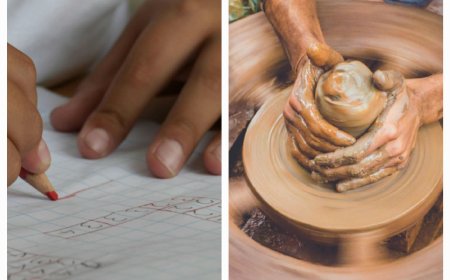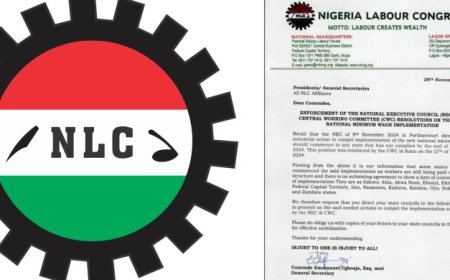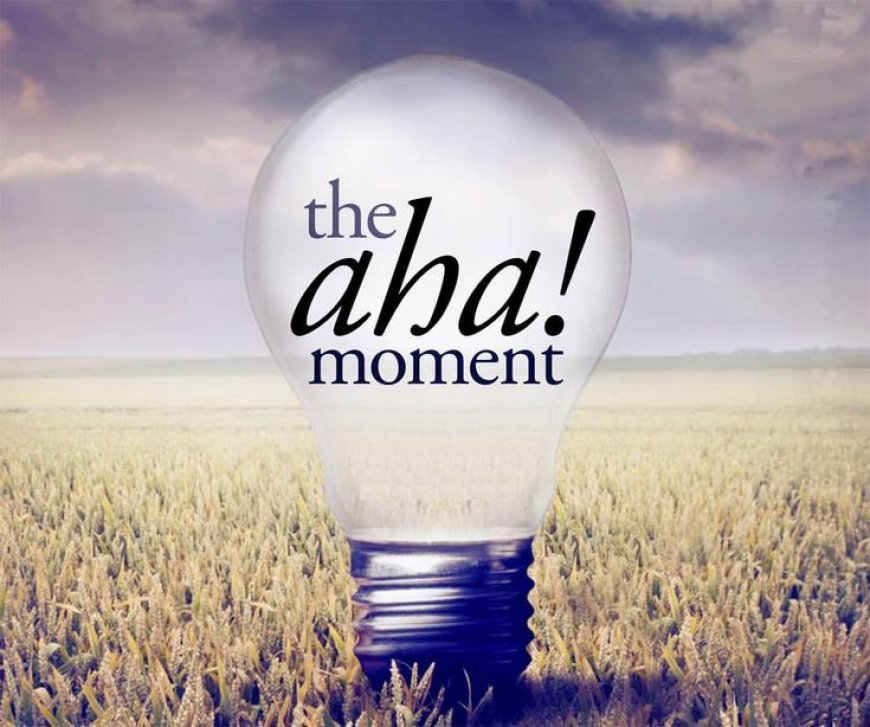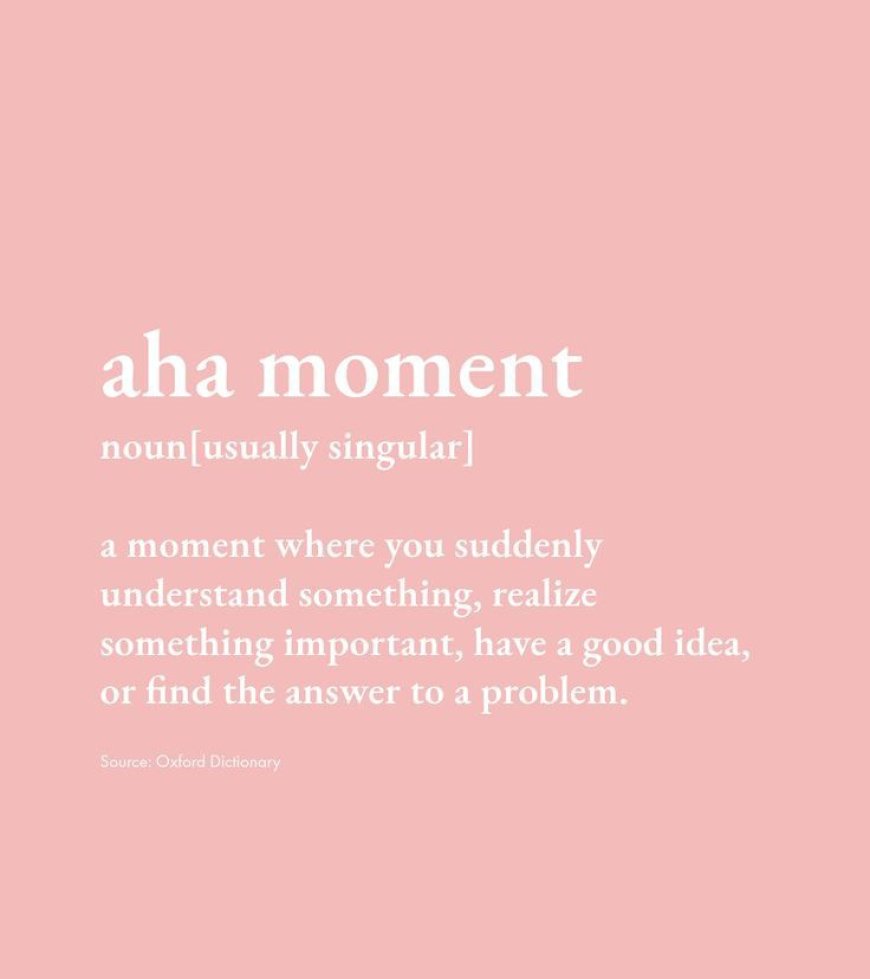The Eureka Moment as a creative
Feeling stuck? Trapped in a cycle of creative stagnation? Our comprehensive article delves into the challenges of creative blockages, offering expert insights from artists, writers, and innovators, and providing actionable strategies for cultivating inspiration, overcoming adversity, and silencing self-doubt.
Have you ever felt like your ideas are messing with you? Playing an unending round of hide-and-seek? As creatives, we certainly face this frustration at some point—as though trying to squeeze water out of a dry well. According to Adobe's State of Creativity Report, 75% of people experience creative blocks, and 62% report feeling stuck daily. This goes to prove you're not alone in this struggle; every creative faces these moments of mental gridlock.
Although, it is quite disheartening, especially when we spend hours, days, or even weeks attempting to express an idea only to be met with silence from our creative minds. We stare at a blank sheet, sketchpad, or screen, hoping for inspiration, but instead, we feel trapped in a circle of doubt and frustration. This phase, often referred to as a creative block, is where the harder one pushes for an idea, the further it seems to slip away.
During these moments, doubt becomes a close companion. We start questioning our abilities, wondering if we have lost our creative touch, or will ever find the right direction again. It’s as though every unfinished draft or abandoned project becomes a reminder of failure, making it difficult to see a way forward. The internal monologue grows louder, whispering that maybe we’re not cut out for this, or that our best work is behind us.
But these mentally exhausting periods, while painful, are often the necessary prelude to the creative breakthrough that every heart desperately yearns for. The "eureka moment"—that blissful rush of clarity—appears abruptly. An idea suddenly clicks into place. It’s that instant where abstract thoughts or fragmented concepts come together, giving birth to something new: a story, a design, a project direction. What once felt impossible becomes not only achievable but thrilling.
The beauty of this moment lies in its unpredictability. More often than not, it occurs when barely expected. One might be engaged in relentless brainstorming, obsessing over the details, or even in a state of complete relaxation—walking outside, taking a shower, or daydreaming. And then, as if a switch is flipped, everything aligns. Imagination meets logic, and potential is unlocked.
As Maya Angelou once said, "You can't use up creativity. The more you use, the more you have.” This moment is special because it feels like a revelation—as though the idea has always existed, waiting to be discovered. It’s not just a solution to a problem; it’s a reconnection to creativity, a reaffirmation of passion for one's craft. The eureka moment is powerful because it carries with it a surge of motivation and clarity, driving one to act with newfound energy. What once felt abstract and elusive suddenly becomes tangible and meaningful.
NAVIGATING THE CREATIVE BLOCK
While the eureka moment is unquestionably satisfying, the journey there could be lengthy and tough. Here are some ways that could assist in overcoming creative blocks:
- Step Away from the Work
Taking breaks can increase productivity by 28% (University of Illinois study). Creativity cannot always be forced. When you hit a wall, sometimes the best thing to do is to take a step back and recover. Allow your mind to relax. Take a walk, read a book, or do something completely different. When you're not actively thinking about a problem, your subconscious mind often works in the background, processing concepts in unexpected ways.
Emily R., a graphic designer, found that taking breaks helped her overcome creative stagnation: "I was stuck on a project for weeks until I took a break and went for a walk. Suddenly, the ideas started flowing.”
- Change Your Environment
Changing surroundings often offers a new perspective. If you've been staring at the same screen or sitting in the exact spot for a while, you could feel stuck. Go to a dining establishment, a park, or another room in your home. The new environment can assist generate new ideas.
- Shift to a Different Medium
If you are a writer, try sketching; if you are a designer, try writing. Switching to a different artistic expression might help you see things in an entirely new way. The difference in approach causes your brain to think differently, which might lead to new thoughts and connections.
- Embrace the Mess
Sometimes creative barriers occur because you are striving too hard to make something ideal from the start. Instead, accept imperfection. Allow yourself to create freely, without criticism. The beginnings of outstanding concepts sometimes emerge from your messiest drafts or roughest sketches.
- Collaborate with Others
Collaboration can boost creativity by 50% (Harvard Business Review). David K., a writer, agrees: "Collaborating with others helped me see things from a new perspective and overcome my creative block.” Discussing your ideas with fellow creatives can be beneficial. Sometimes all you need is an alternate viewpoint to find a solution you hadn't considered. Collaboration can rekindle your creative spark, and getting ideas from others can help clarify your thinking.
- Practice Mindfulness
When you're stuck on a creative project, practicing mindfulness or meditation can help you overcome doubt and frustration. By focusing on the present moment and letting go of your drive to create, you make room for new ideas to come along naturally. Mindfulness can also help you break free from the negative self-talk that frequently accompanies creative challenges.
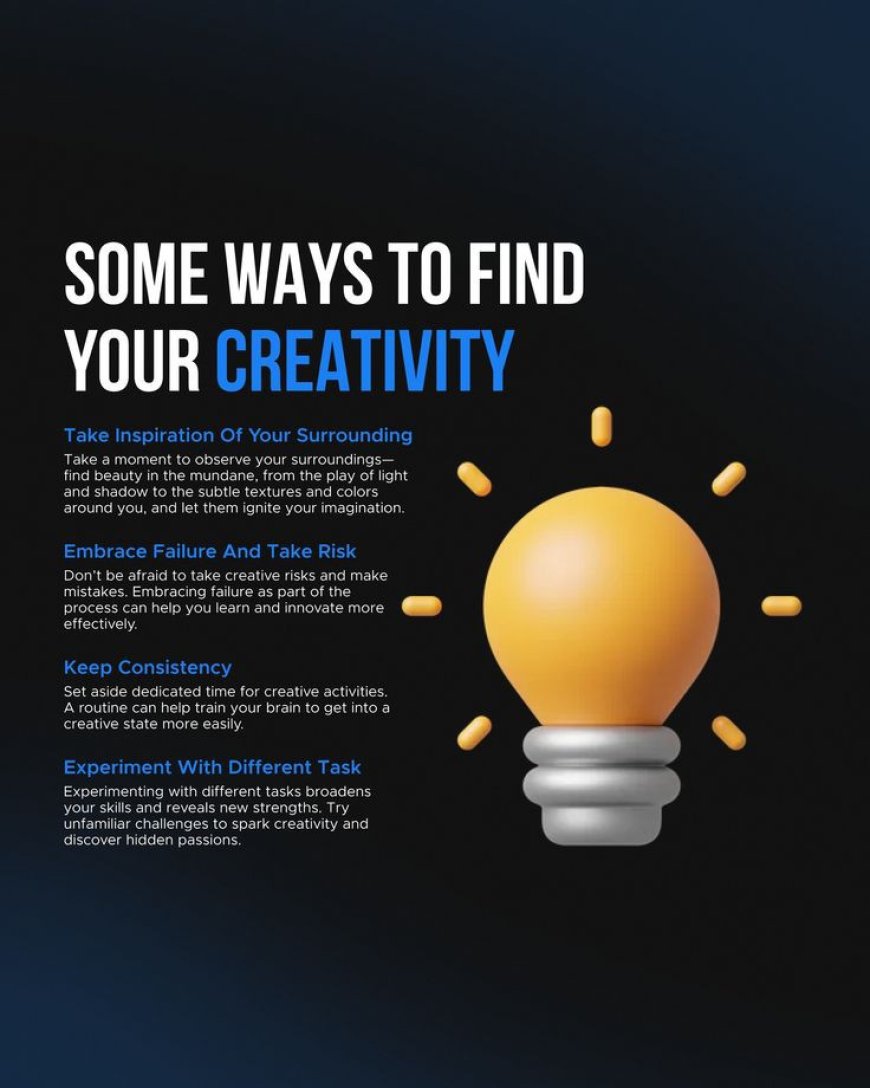
THE EUREKA MOMENT AND THE SUBCONSCIOUS MIND
In retrospect, the eureka moment can appear to be effortless, but it is the result of both conscious and subconscious effort. During those frustrating moments when you feel like nothing is happening, your mind is continually processing—collecting bits of thoughts, making connections, and sorting through the information gathered. This is why breakthroughs often occur suddenly as if your brain has been working behind the scenes all along.
This moment sparks a wide range of emotions—relief, joy, even awe—because of the unexpected and serendipitous nature of it. It is a testament that creativity is not just about the immediate act of creating but is often a slow-burning process of discovery.
RECOGNIZING THE VALUE OF SMALL EUREKA MOMENTS
While we frequently pinpoint the eureka moment with enormous, groundbreaking ideas, it is crucial to remember that these breakthroughs can also occur on a smaller scale. The ideal sentence for a story, an unanticipated color palette for a design, or a brilliant solution to a technological problem can all be eureka moments in itself. Whatever the extent of the breakthrough, the feeling is the same—an overwhelming sense of "I've got it!" This spark rekindles your creative power, providing an entirely novel viewpoint on your profession and the motivation to move forward with enthusiasm.
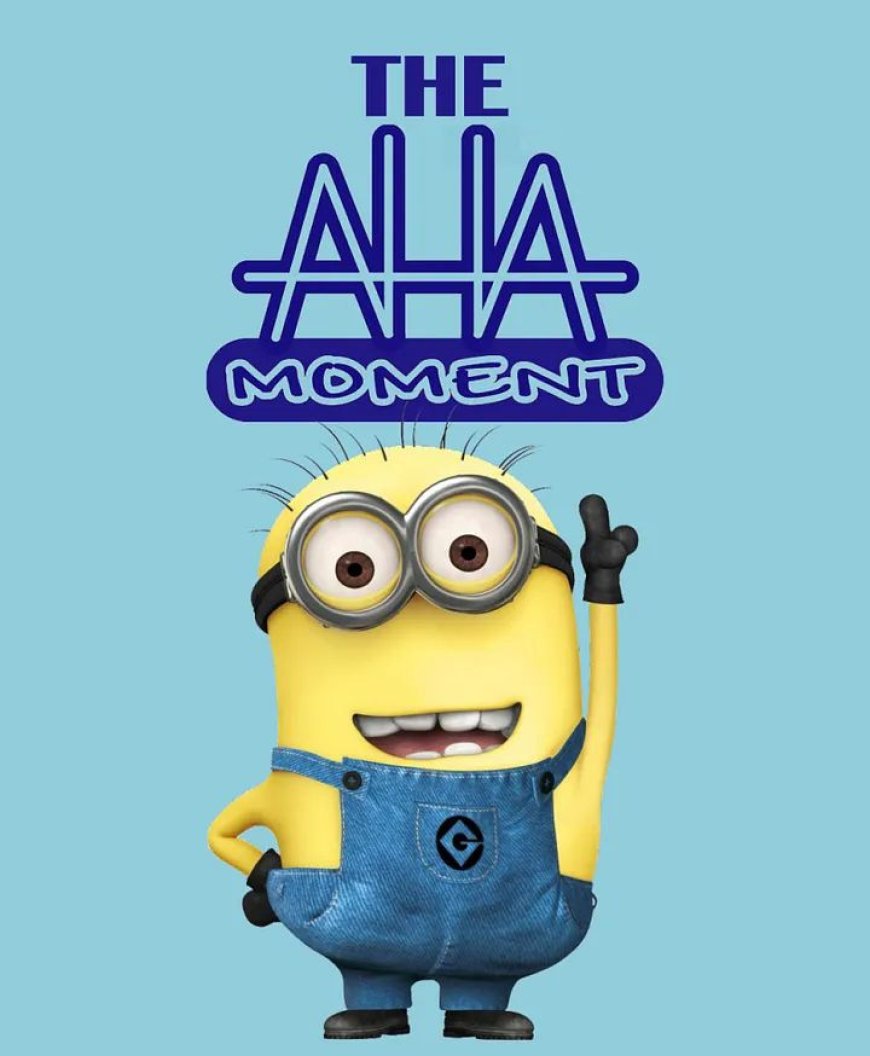
It is of essence to note that the eureka moment is a reminder that creativity is a journey—one that requires patience, curiosity, and persistence. The periods of struggle and creative block are not signs of failure but are part of the process. They often are the building blocks for the very breakthroughs we seek.
So, when next you're staring at a blank page or struggling with a challenging idea, remember that the eureka moment is on the way. Trust the process, enjoy the difficulty, and when that moment of clarity arrives, let it fire your passion and propel you forward.
What's Your Reaction?











